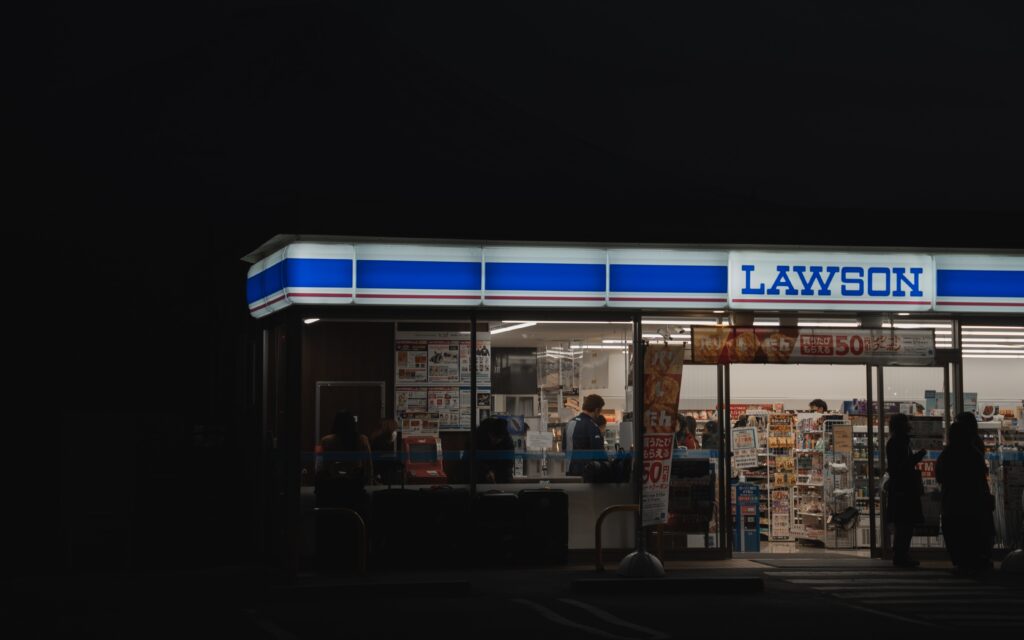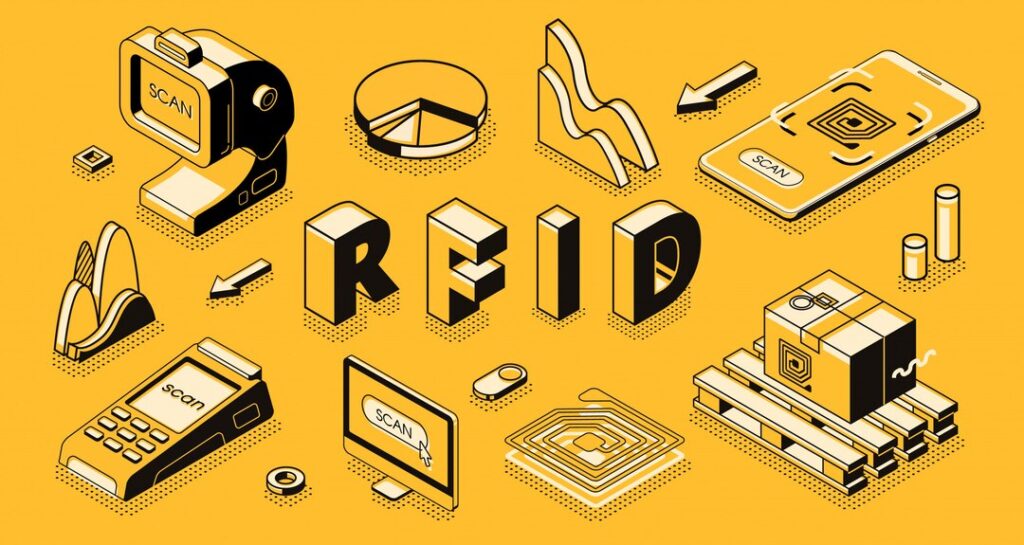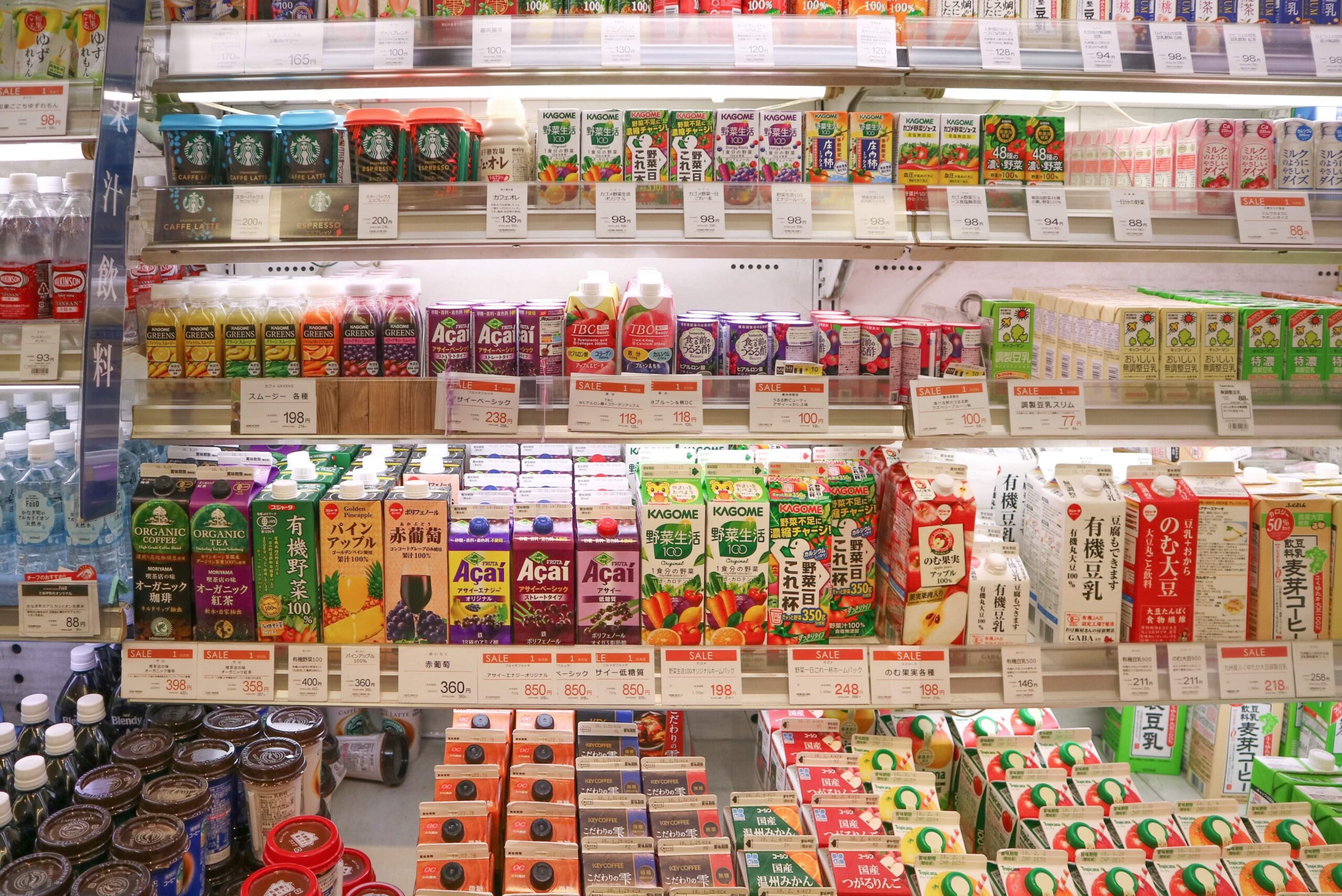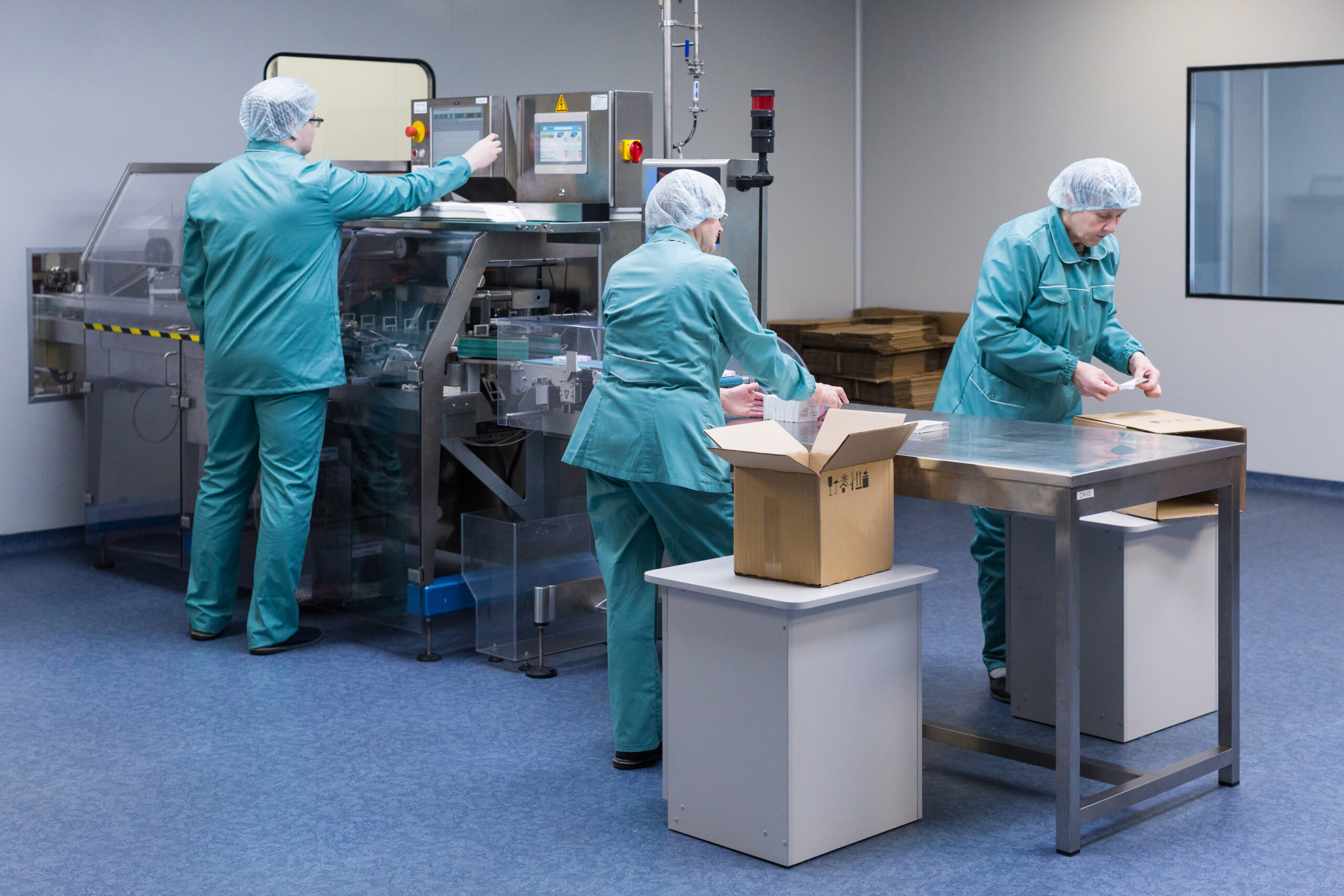Retail stores, whether online or physical, account for significant contributions to the GDP of every country in the world. The industry generates employment, fosters entrepreneurship, and contributes to tax revenues, all in favor of economies.
Beyond its positive economic impact, retail stores meet every consumer’s needs and desires as they give access to essential goods and various products. Retail connects producers and manufacturers with end consumers and facilitates the flow of goods in the supply chain. Hence, retail stores must be up-to-date to answer the demands of the public while being a positive force of light to the population and environment. A way to balance that is to deploy supply chain technology.
Case Study: Lawson’s Approach to Sourcing Food Products
One of the companies that have implemented more ethical and sustainable sourcing, as well as retail management, is Japanese food retailer Lawson. The company’s strategy is embedded in its commitment to sustainable practices. By prioritizing local procurement and utilizing domestic resources, Lawson supports local farmers and ensures that it reduces its environmental impact. The company has drawn out initiatives like “LAWSON Farm Agricultural Products” and “Fair Trade with Suppliers.”
Additionally, with Lawson’s promise to be “the convenience store of the future,” the company has been deploying IoT RFID tracking across its stores around Japan. The Ministry of Economy, Trade and Industry (METI) of Japan launched the technology in 2017, and Lawson implemented it. By 2025, all products in their stores will be tagged electronically, estimating around 100 billion products every year.

Supply Chain Technology in Retail
There are many ways by which technology positively impacts supply chain retailers. From inventory management and tracking to warehouse and logistics automation, cutting-edge technology paves the way to retail excellence.
Key Technologies Enhancing Supply Chain Efficiency
IoT Devices
IoT (Internet of Things) Devices encompass interconnected objects embedded with sensors, software, and internet connectivity. These connected devices collect and analyze real-time data to offer valuable insights into everything that is happening in the retail business, from customer behavior to operational optimization.
RFID Tracking
The RFID (Radio-Frequency Identification) technology employs radio waves to transmit data between RFID tags that are attached to products and RFID readers, which provide real-time visibility into the movement of product inventory. One of the benefits of implementing RFID tracking is its ability to offer absolute accuracy in inventory management. Unlike traditional barcode systems, RFID does not require a direct line of sight for scanning, which means that a huge batch of products can be scanned simultaneously. Thus, time efficiency is achieved.

Supplier Relationship Management (SRM)
In recent and coming years, Supplier Relationship Management has become and will always be integral to supply chain management, especially now that several disruptions to the industry have been prevalent. There should be a strategic collaboration between retailers and suppliers, and SRM is a powerful tool to enhance communication and streamline processes to drive mutual success between two partners.
In the digital space, SRM is facilitated through advanced software solutions where there is a central area where data is stored. This area will enable retailers to see key performance indicators, evaluate their supplier’s reliability, and identify areas for improvement collaboratively. Having an SRM ensures visibility in every process, so partners won’t have to question and have discussions over errors or other issues that might make them lose trust. In the end, the SRM will keep the relationship intact.
Predictive Analytics
Predictive Analytics offer insights into consumer behavior, market trends, and retail demand patterns. Implementing this technology enables businesses to harness the power of data and complex algorithms that otherwise cannot be synthesized and analyzed by retail decision-makers or traditional tools. Predictive analytics is a proactive approach in inventory as it helps minimize stockouts and overstock issues and ensures that shelves are always well-stocked. The retailer would also be provided the exact time they need to order or source products again from their suppliers to achieve timely delivery.
Apart from that, another benefit from the Predictive Analytics tool is fraud detection. The advanced algorithms can identify irregular patterns in transaction data that automatically flag potential fraudulent activities. This then helps to prevent financial losses, protect customer data, and maintain the trust of the customer base. Predictive analytics can help make better, more informed decisions, streamline inventory management, and enhance customer experience.
Logistics Management Systems
Logistics is the bedrock of the retail sector, and Logistics Management Systems (LMS) is its backbone. LMS is the one responsible for optimizing the movement of goods from manufacturers to distributors and, ultimately, to retail shelves. It not only enhances the overall retail performance but also contributes significantly to cost savings, customer satisfaction, and operational efficiency.
One of the functions of LMS is transportation and route optimization. Based on route algorithms, real-time tracking, and data analytics, LMS can help retailers and suppliers minimize shipping costs, reduce delivery times, and make sure the flow of products from distribution centers to retail stores runs smoothly. LMS provides retailers with real-time insights into the movement of products at every stage. It also improves the final leg of the delivery processes in last-mile delivery of goods to reduce delivery times and offer flexible delivery options.

Sustainable Practices: How does supply chain technology promote sustainability?
This article has tackled the technology that allows accurate and real-time tracking of materials and goods in the supply chain, which contributes to a more efficient inventory and overall operational activities. But did you know that the ability to trace materials in manufacturing and sourcing also amounts to a sustainable business practice?
It is by no question that supply chains, however heroic the industry may be, as they provide people with their basic needs, such as food and resources, paradoxically, are the bearers of the earth’s biggest carbon footprint. Companies may reduce carbon emissions by implementing technologies such as IoT, Blockchain, and AI.
As mentioned, these new technologies promote efficiency and optimization (e.g., transportation routes). Imagine the energy and emissions reduced when you have streamlined every part of your supply chain. Furthermore, technologies such as IoT have the capability to track a company’s impact on the environment. Accurately tracking your supply chain processes allows you to control and balance out the power or carbon that your manufacturing produces in a day.
Conclusion
The retail revolution spurred by new cutting-edge technologies not only enhances efficiency and competitiveness but also has the power to drive positive environmental and social change within the industry. As the supply chain industry moves forward, embracing these advancements will be key to navigating the evolving retail landscape with agility and responsibility.
Create a balanced retail business, bringing emphasis to sustainability while answering consumers’ demands through Aratum’s cutting-edge cloud-based technology. Book a demo now.
Cover photo courtesy of Unsplash.



